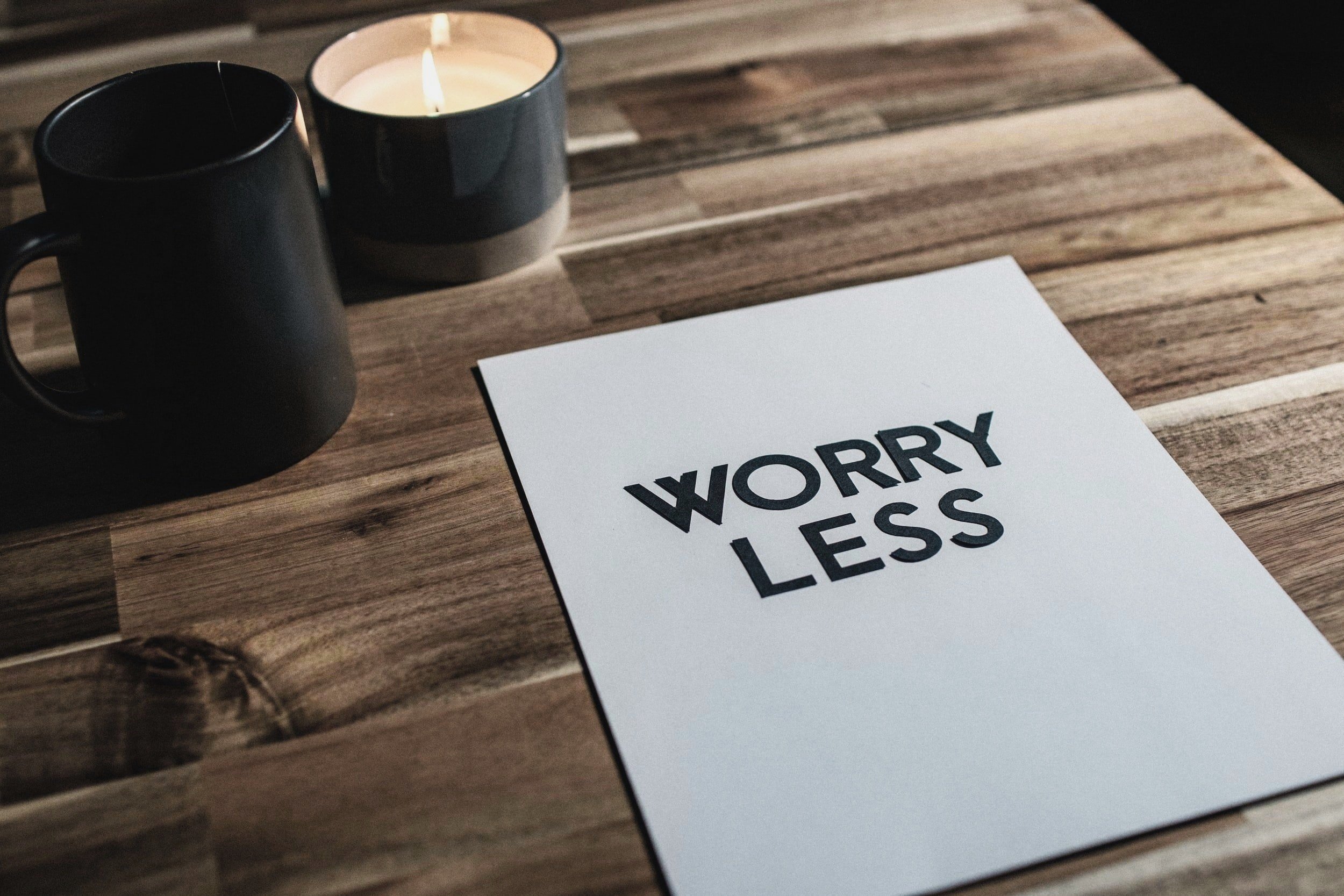
Anxiety
Anxiety:
A fear response to an internal trigger/stimulus
Caused by unprocessed feelings
Triggered by events or relationships
Leads to symptoms and impairments in functioning and relationships
Cured by processing underlying feelings
If you’re alone in the woods in the middle of the night, and you hear a rustling in the dark, your nervous system will fire off. You’ll become alert and vigilant. You’ll begin scanning for threats. And physically, you’ll take a defensive posture, ready to defend yourself at a moment’s notice (fight, flight, freeze, etc.). Memories of past events might also get triggered, as your body tries to prevent something bad from happening again.
So what if this same system is being triggered by something inside ourselves? What if a feeling or memory inside us triggers this same response?
We call this nervous system response to an internal stimulus anxiety.
And just like fear of an external threat in our environment, it will cause us to become on guard, vigilant, scanning for threats, and defensive.
In this case though, we can’t just shine a flashlight into the dark to reassure us there isn’t a threat. The threat is inside us. So no matter how far we run, we can’t get away.
Maybe you’ve noticed yourself feeling this way from time to time. Or maybe you feel stuck in this.
The problem is, if our feelings are never effectively processed, the situation just gets worse. Unresolved feelings build up. We try to sweep them under the rug, but the dust keeps collecting. And our emotional baggage gets heavier and heavier.
This can lead to chronic nervous system hyper-activation, and our relationships and functioning can become impaired.
Symptoms Include:
Obsessive thinking (worry, fear, rumination, paranoia)
Compulsive behaviors (addictions, unhealthy habits, defensiveness, reactivity, acting out, avoidance, isolation)
Somatic issues (body pain, headaches, chronic tension or fatigue, sweating, difficulty breathing, or gut/bowel issues)
Disruptions in perception/sensation or the ability to think clearly (numbness/tingling, confusion, attention-difficulties, fainting)
Common associated diagnoses include:
Generalized Anxiety Disorder (GAD)
Panic Disorder (panic attacks)
Agoraphobia
Specific Phobias
Social Anxiety Disorder
Post-Traumatic Stress Disorder
Adjustment Disorder
So what can we do?
At EmotionFit, we help you identify and process the feelings underlying your anxiety, and heal from any associated trauma or other emotional baggage getting triggered in the present. Rather than just managing your anxiety, only for it to come back with the next trigger, this process eliminates your anxiety at the core.
As a result, you’ll be aware of your triggers, you’ll understand what feelings or memories have been making you anxious, and you’ll know how to effectively process your emotions, which involves naming, experiencing, and expressing them.
Don’t stay stuck in your distress.
Contact a therapist to get help today.
Services available in-person in Encinitas, or online throughout California.
And for a FREE home program with detailed exercises and instructions on how to identify your triggers and process your emotions, check out our emotional fitness program.
Anxiety Specialists
Bernadette Dardaine, MA, AMFT
Specializing in Addiction, Depression, Anxiety, Trauma, Anger Management





